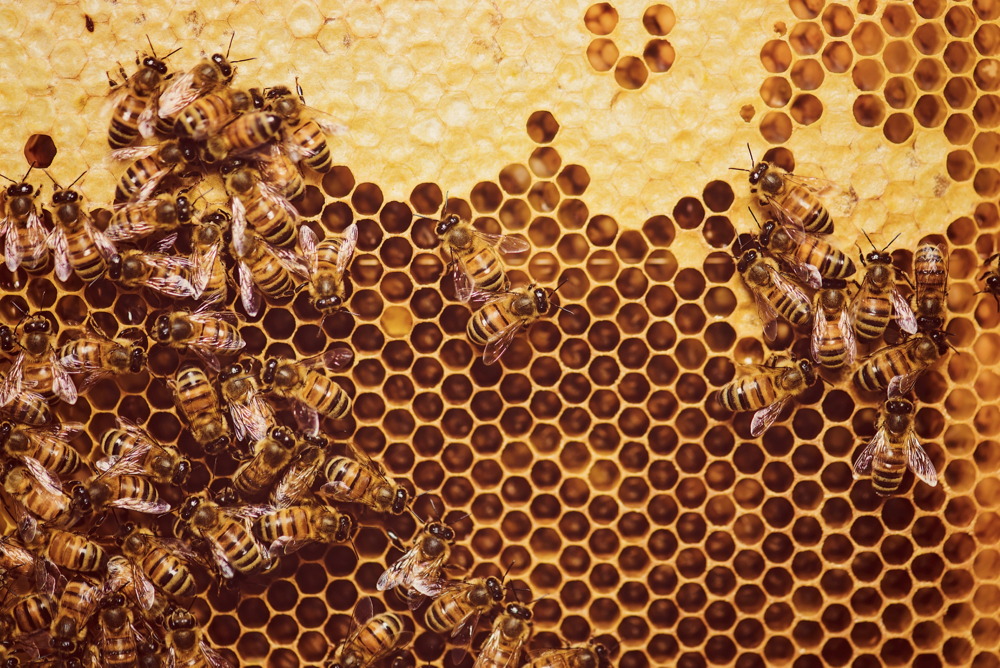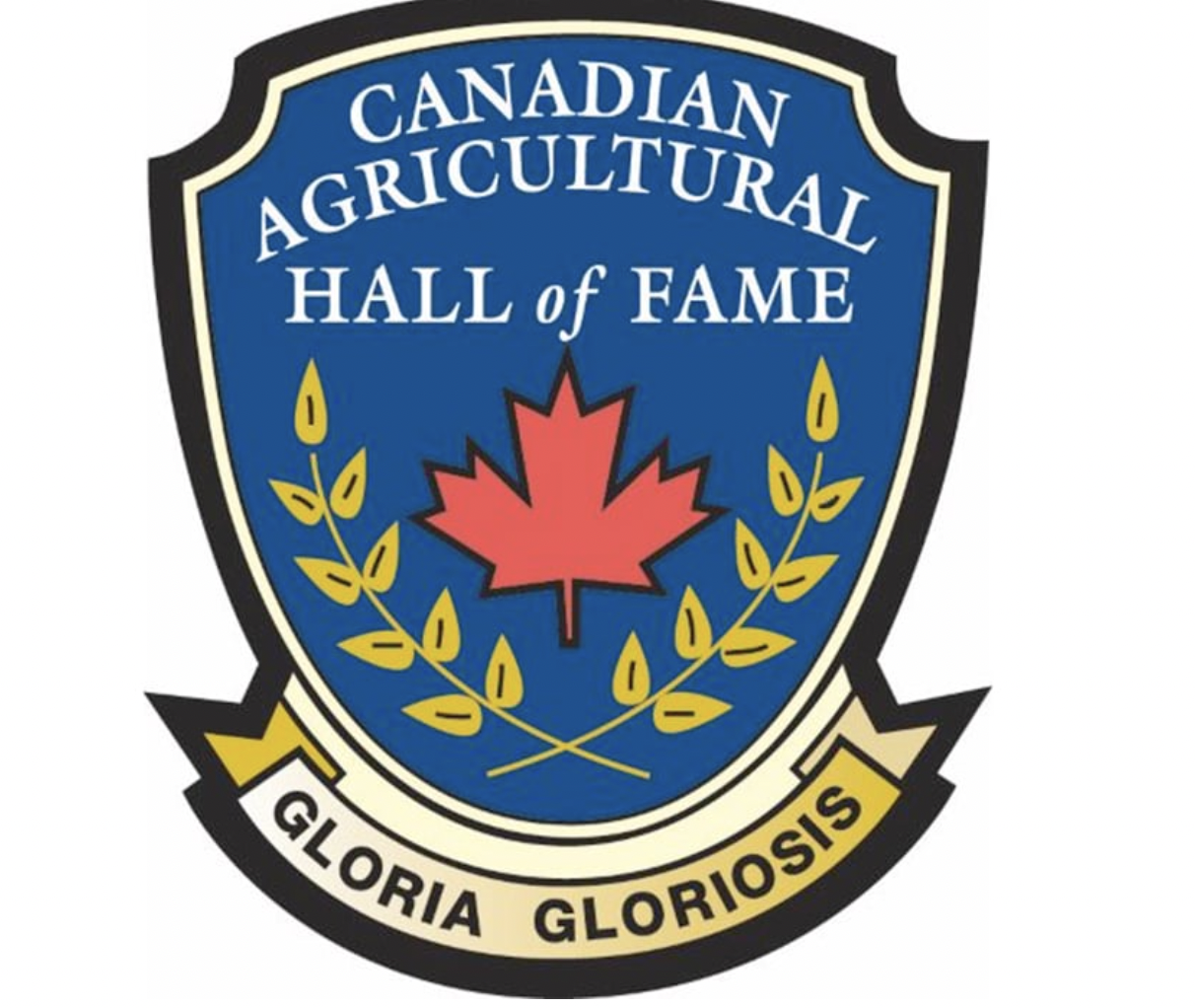Putting more buzz into bee management

Apiarists now have software to manage data from hives to make more informed decisions about disease and hive movement.
Read Also

Agriculture hall of fame inductees announced
The Canadian Agricultural Hall of Fame has announced its 2024 inductees. Bruce Coulman, Michael Eskin, Paul Larmer and Dr. Charles…
Canadian company Nectar aims to be the “operating system of the global bee industry,” says Marc-André Roberge, CEO of Nectar.
Why it matters: Beekeepers lose many bees each year and more management data could reduce those losses.
Roberge started the company after managing his own bees in Quebec during his university years, where he studied product design. He realized there was no significant software for apiarists.
“Beekeeping is very hard,” Roberge said at the recent Agri Tech Venture Forum in Toronto.
Beekeepers lose about 45 per cent of their livestock each year. Such death loss wouldn’t be tolerated in other livestock sectors.
But beekeepers use antiquated tools that Roberge said hinders them from acquiring data to make better bee health decisions. Hives are now tracked by chalking them and using paper to record information.


photo:
John Greig
“You lose the hive’s specific traceability, like where it has been during the season and what it has been exposed to, and the specific management of that hive,” he said.
Pollinator services are an important part of beekeeping income. Bees are moved to help pollinate fruits and vegetables. Few people track the hives in detail, so it is difficult to understand why certain hives have greater dieback.
If an apiarist knew all the hives with an issue were in one part of an orchard, they would be more likely to identify the problem.
Nectar uses RFID tags on all hives to accurately track them. Data is stored in the cloud-based management system. It also simplifies regulatory compliance and employee management.
The system is designed to help bee producers build best management practices specific to their operations.
“It’s not for the sector as a whole, or specific to their province or state. It’s where they are and for the type of bees they’re working with, through our portal,” Roberge said.
The company takes data entered by the apiarist and uses artificial intelligence to add environmental information such as satellite imagery, pollen index and air quality index. It evaluates which conditions aided or harmed bee survival. Nectar then provides suggestions about steps producers can take to lower bee mortality.
“Should I winter this specific group of hives or should I merge them with other ones? Should I be feeding them or not feeding them? Treat or not treat?” said Roberge.
Since its launch a year ago, Nectar has signed some of the largest bee producers, with about 40 clients across Canada and the United States who average about 9,000 hives each.
Smaller producers of honey at about 250 to 1,000 hives would also find the software useful, said Roberge. The cost of the program is between $2 and $3 per hive per year depending on volume.
Source: Farmtario.com

